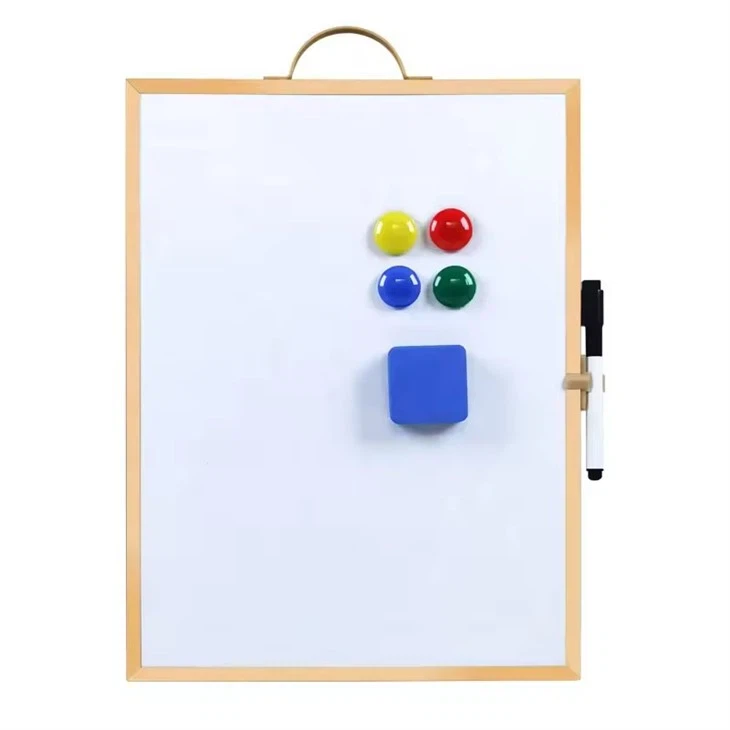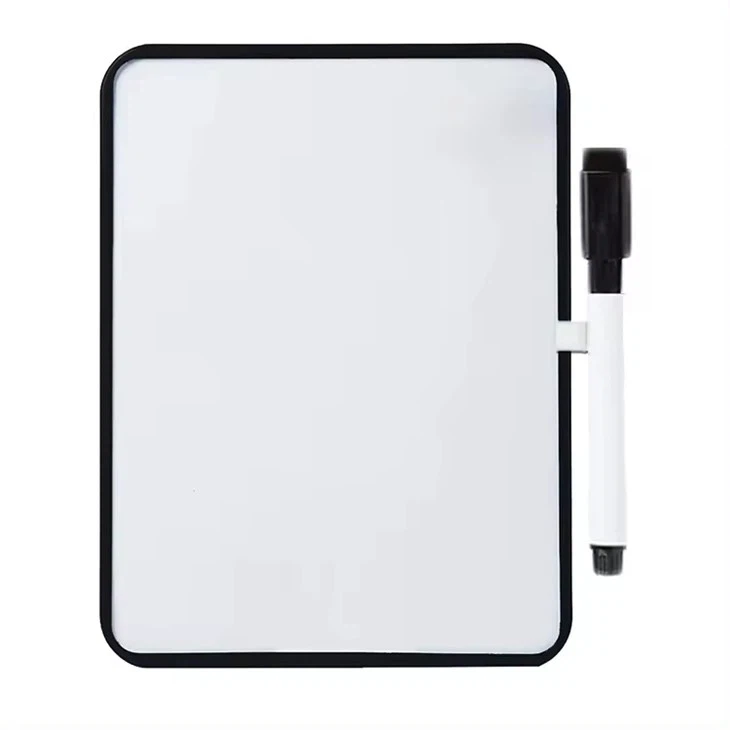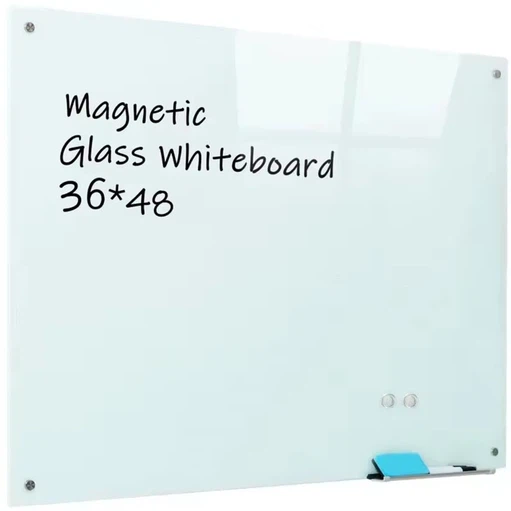Whiteboards have become essential communication and management tools in the healthcare industry, significantly improving work efficiency and the accuracy and timeliness of information transfer. This article explores the applications, types, and development trends of whiteboards in the healthcare sector.
Applications of Whiteboards in the Healthcare Industry
1. Patient Information Management
In hospitals and clinics, whiteboards are commonly used to manage and display patient information. By recording patient records, treatment plans, and care notes on whiteboards, healthcare professionals can quickly understand each patient's condition, reducing communication errors.
2. Workflow Coordination
The workflow in healthcare environments is complex and intense. Whiteboards are used to coordinate and track surgical schedules, doctor shifts, ward cleaning and disinfection plans, helping ensure tasks are completed on time and enhancing work efficiency.
3. Emergency Management
Whiteboards are indispensable tools in emergencies. By quickly recording and updating emergency response plans, resource allocation, and patient status on whiteboards, healthcare teams can more effectively coordinate and command their actions.
4. Education and Training
Healthcare institutions also use whiteboards for education and training. For example, in medical school classrooms, whiteboards are used to explain complex medical concepts and pathophysiological mechanisms, or during internships and training, whiteboards are used for case simulations and discussions to improve healthcare professionals' skills.
Types of Whiteboards
1. Magnetic Whiteboards
Magnetic whiteboards are very popular in the healthcare industry. They can hold documents, photos, and other important materials with magnets, making it easy for healthcare professionals to quickly view and update information. Magnetic whiteboards are commonly used in nursing stations and doctors' offices.
2. Glass Whiteboards
Glass whiteboards are widely used in healthcare settings due to their easy-to-clean and antibacterial properties. They are suitable for areas with high hygiene requirements, such as operating rooms and consultation rooms. The smooth surface of glass whiteboards resists stains and ghosting, ensuring information is clearly visible.
3. Mobile Whiteboards
Mobile whiteboards offer great flexibility, as they can be used in different wards, consultation rooms, and meeting rooms. These whiteboards usually come with wheels and adjustable stands, making them easy to use in various scenarios, especially for emergencies and multi-department collaboration.
4. Digital Whiteboards
Digital whiteboards combine the writing functionality of traditional whiteboards with modern interactive features. With digital whiteboards, healthcare professionals can directly manage electronic medical records, conduct video conferences, and consult remotely, improving information processing and communication efficiency.
Development Trends
1. Smart Technology
In the future, whiteboards will become smarter. Combining IoT (Internet of Things) and AI (Artificial Intelligence) technologies, smart whiteboards can automatically record and analyze data, providing real-time decision support. For example, doctors can use smart whiteboards to access the latest health data of patients in real time for precise treatment.
2. Sustainability
Environmental sustainability has become a global focus. The whiteboard industry is also moving towards sustainable development by using renewable materials and eco-friendly coatings, reducing carbon emissions during production. In the future, eco-friendly whiteboards will see wider application in the healthcare industry.
3. Wireless Connectivity and Remote Collaboration
With the development of wireless technology, whiteboards will achieve stronger remote collaboration capabilities. Healthcare professionals can wirelessly sync information from whiteboards to various devices, enabling remote consultations and collaborations, overcoming time and space limitations.
4. Customization
The demand for whiteboards in healthcare institutions is becoming more diverse and personalized. In the future, the size, functionality, and design of whiteboards will become more flexible, allowing customization according to the needs of different departments and scenarios.
Conclusion
Whiteboards play a crucial role in the healthcare industry, helping healthcare professionals improve work efficiency and communication and management processes. The variety of whiteboards, including magnetic, glass, mobile, and digital whiteboards, meets the needs of different settings. With advancements in technology and changing market demands, future whiteboards will become smarter, more eco-friendly, and personalized, bringing greater convenience and improvements to the healthcare sector.



















